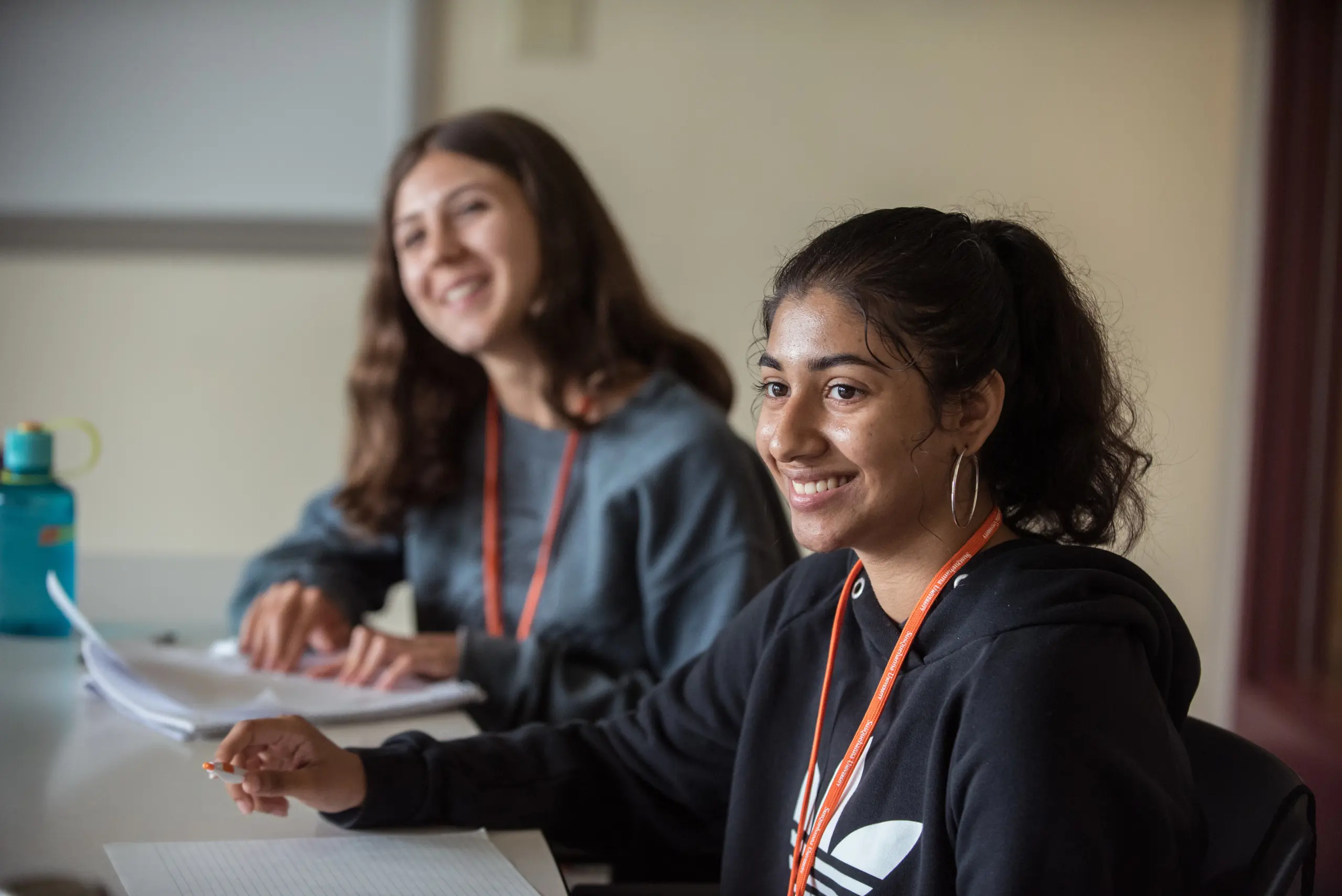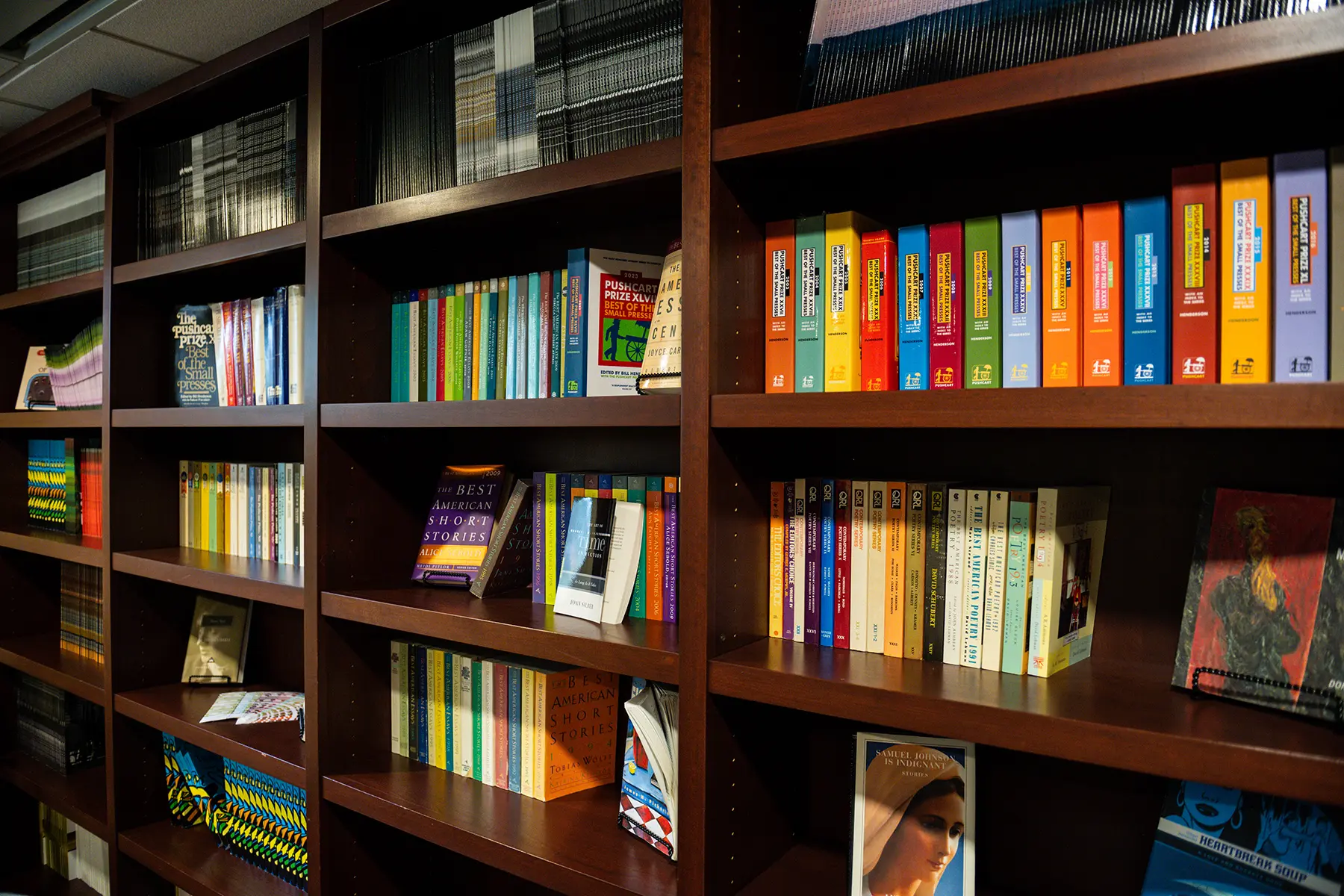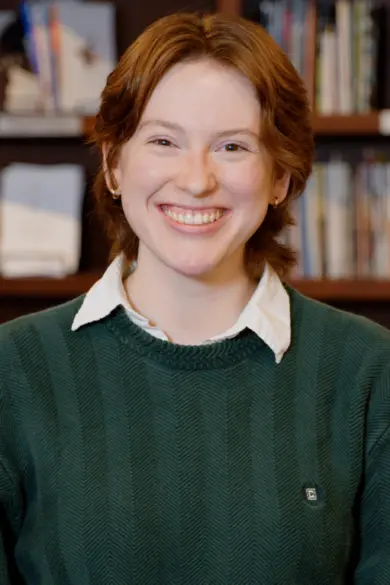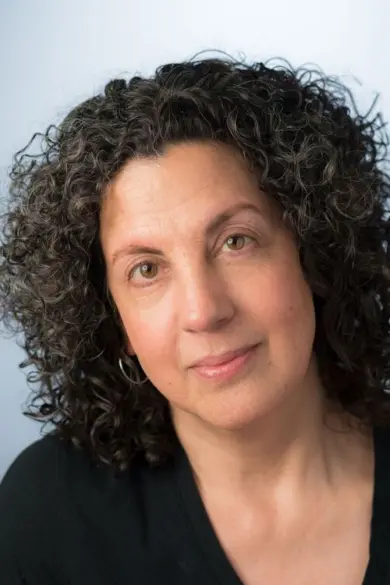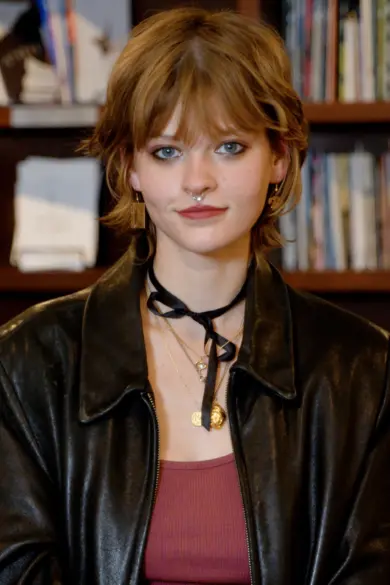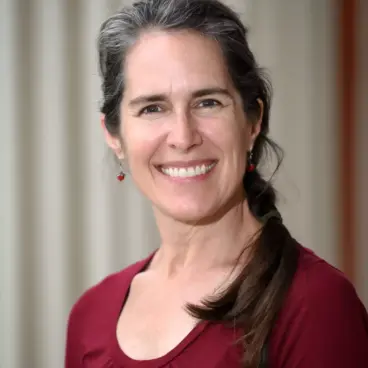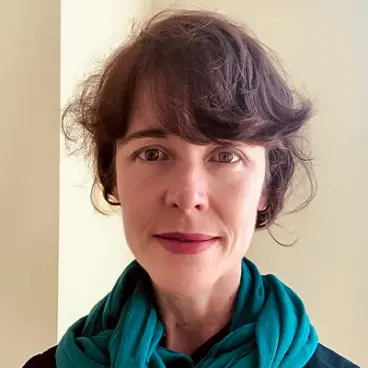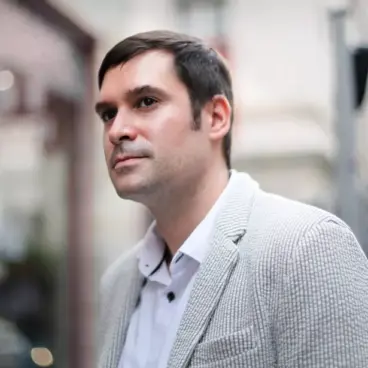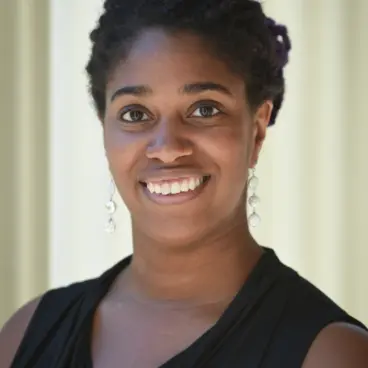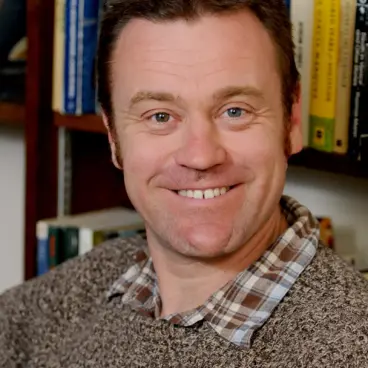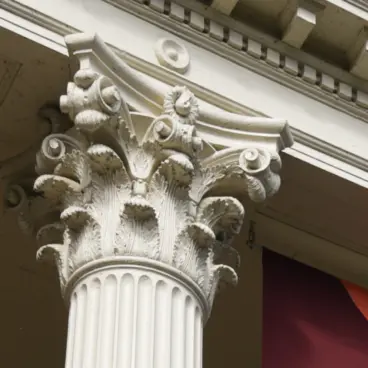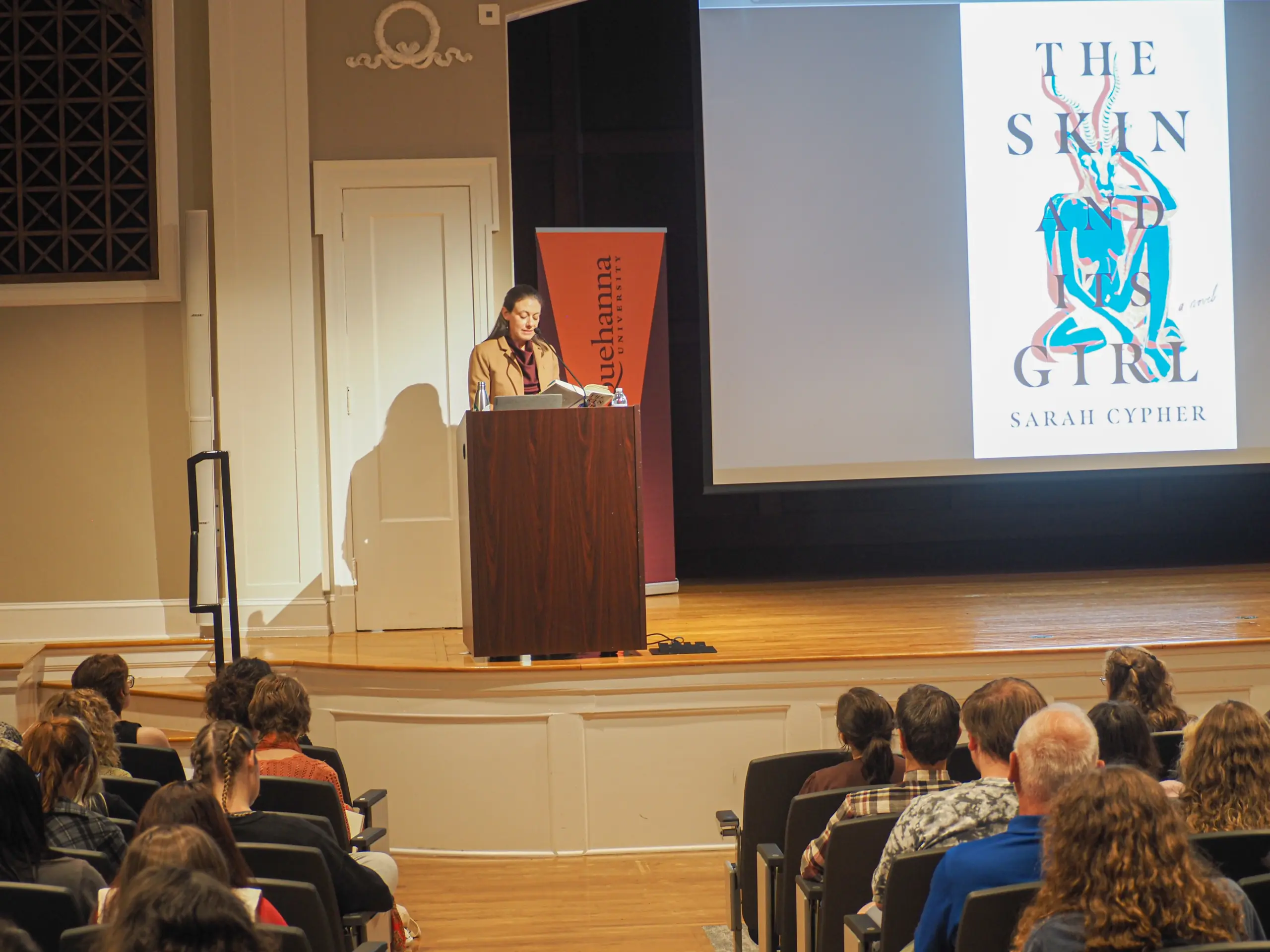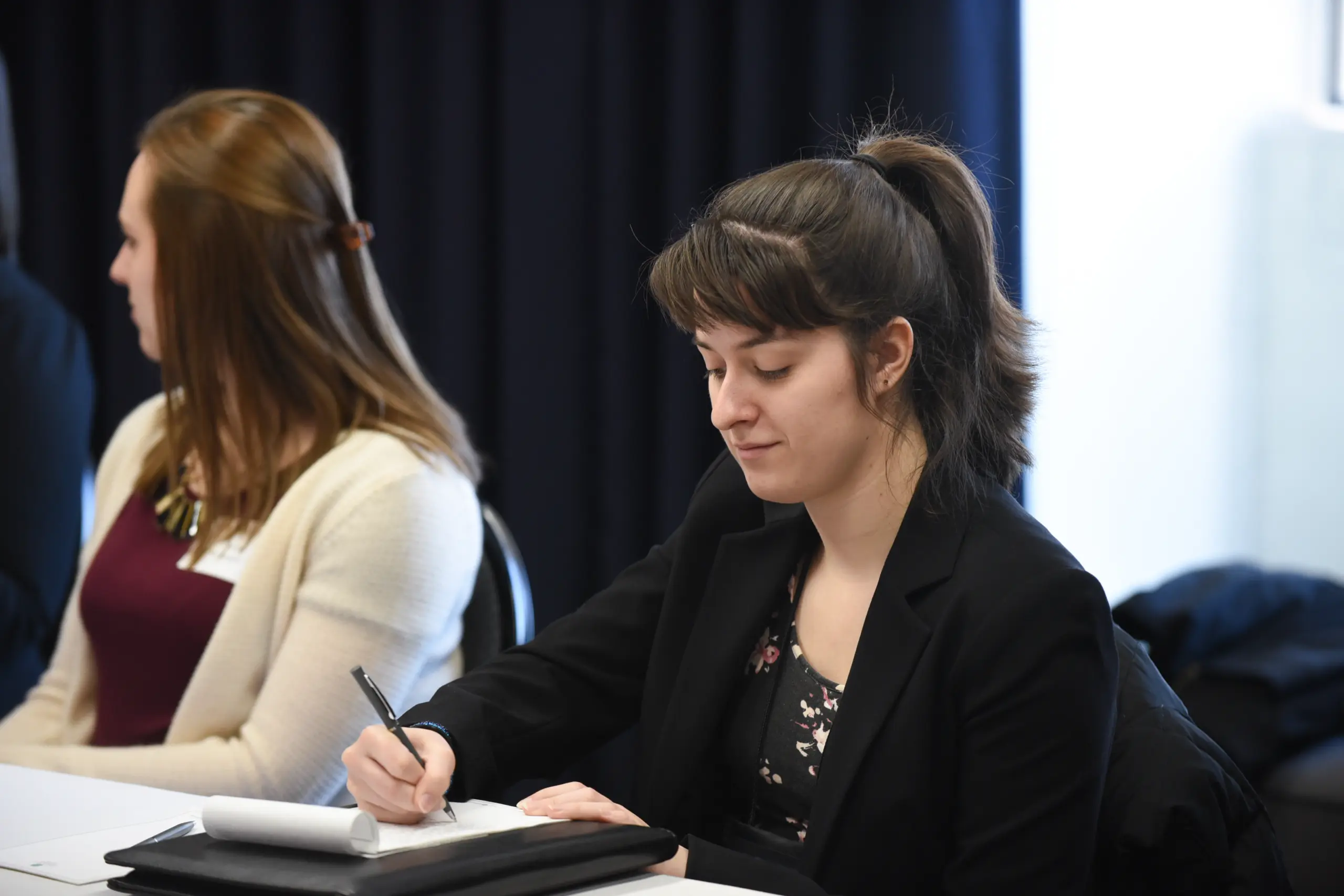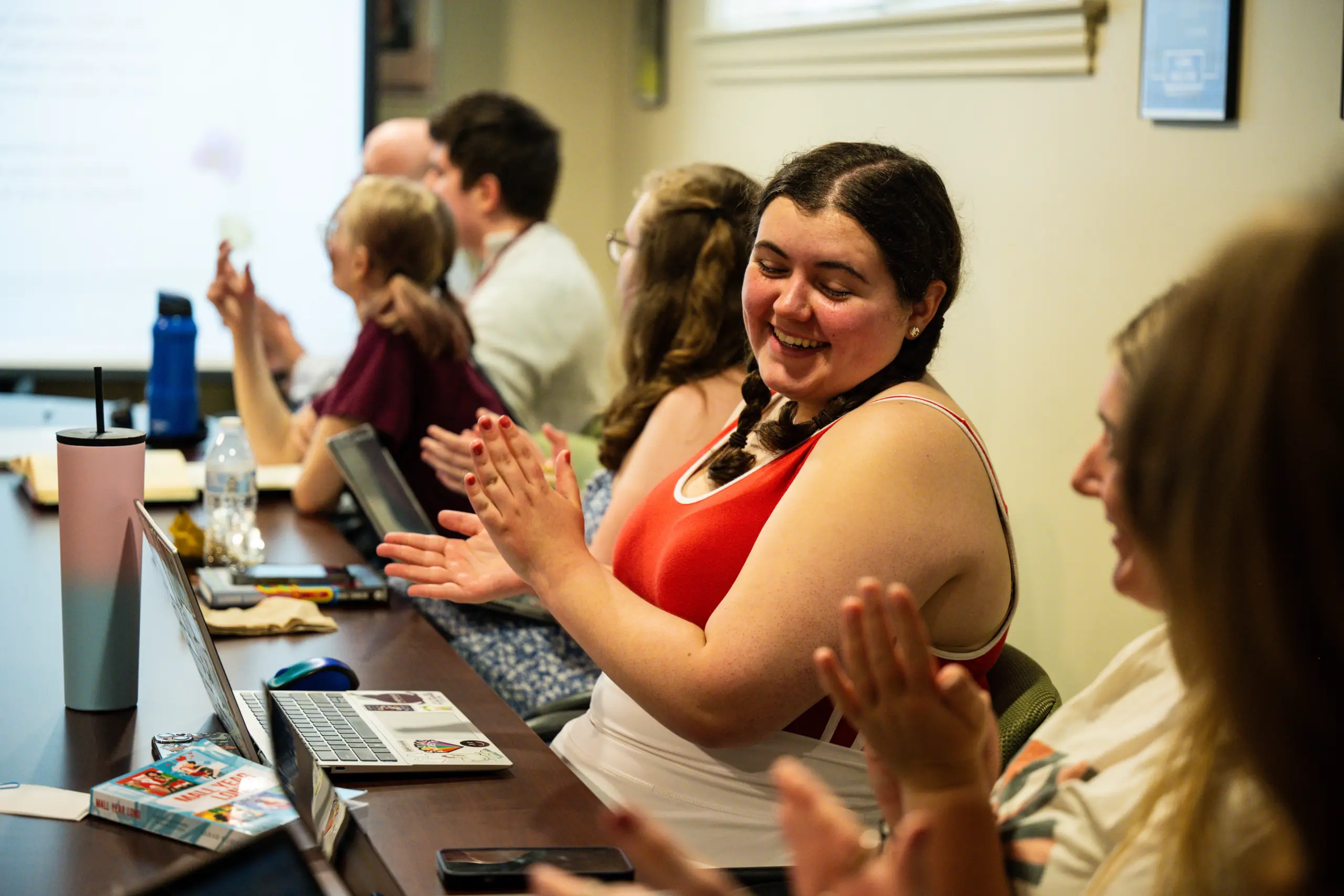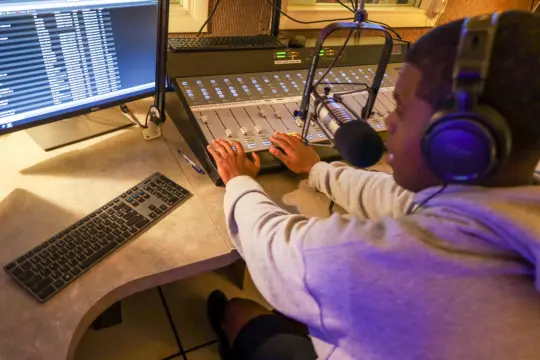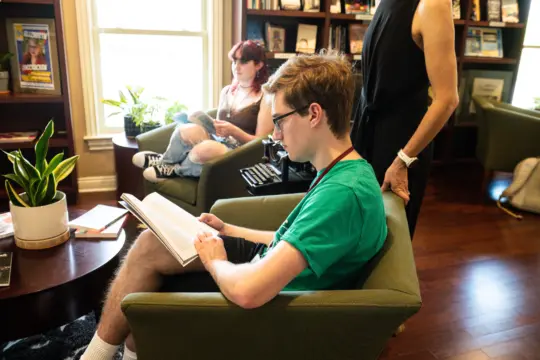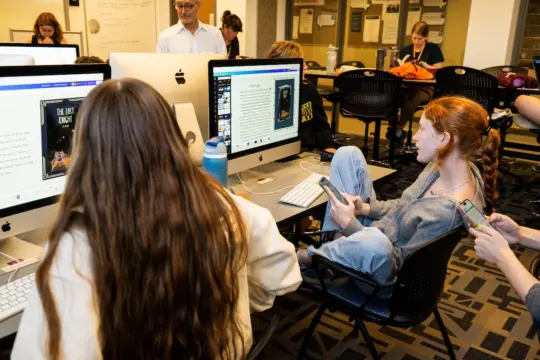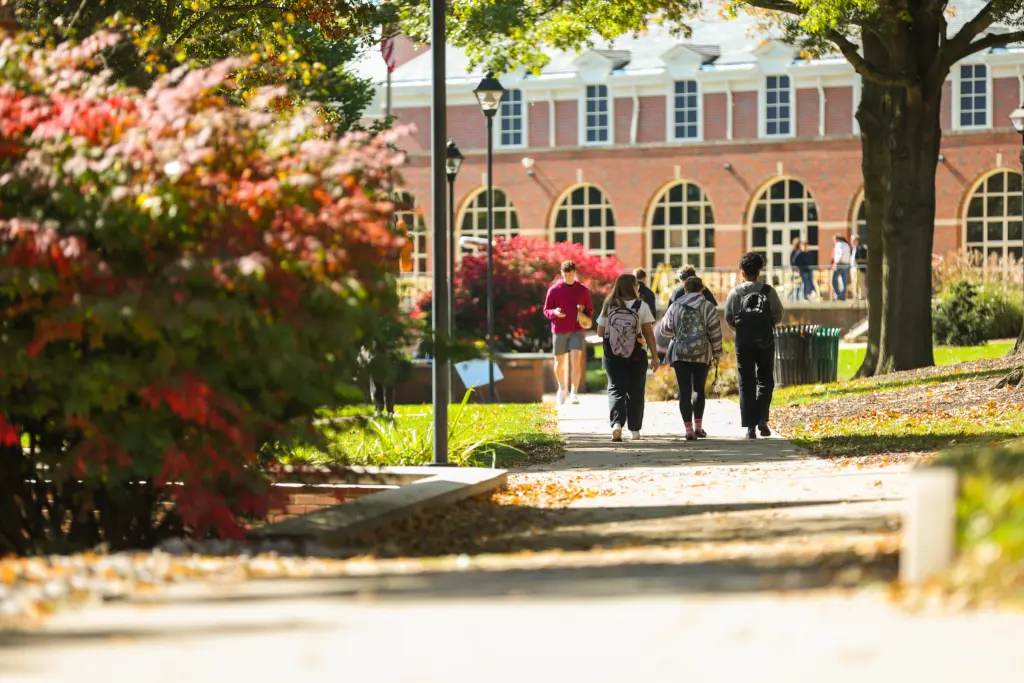Creative Writing
at the Writers Institute
The WRiters Institute
Nestled in the heart of campus, Susquehanna University’s Writers Institute transcends the typical academic space.
The Writers Institute is dedicated to fostering a robust and supportive writing community through a diverse array of enriching programs and impactful events.
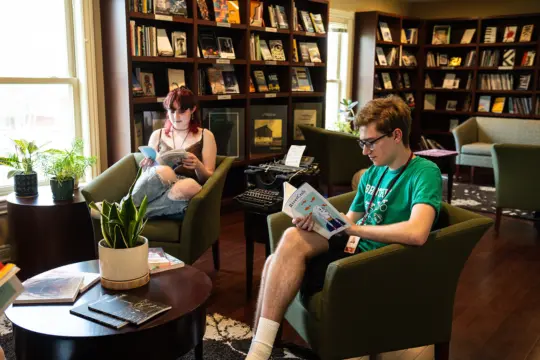
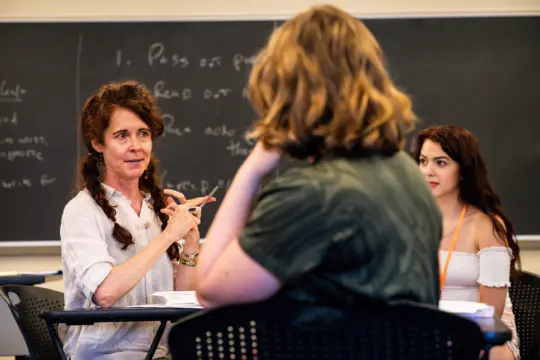
Awards That Follow Your Passion
Earn More Than a Degree
Our Creative Writing program celebrates and supports student achievement with a range of prestigious awards and scholarships available after enrollment. These include the Gary and Elizabeth Fincke Portfolio Prize, Juliet Gibson Memorial Prize, Kirkland Essay Prize, Janet C. Weis Prize for Literary Excellence, Fine Arts Work Center Scholarships, and more. We recognize exceptional work and provide both recognition and support as students grow within the program.
SUSQUEHANNA By the Numbers
More Than Metrics
Explore Your Studies
Program Resources
A Glance Into Your Degree Pathway
With support from advisors and course planning tools, your time at Susquehanna is carefully designed to help you succeed. This example provides a glimpse into your degree experience, but you’ll have plenty of opportunities to customize your path with electives or study abroad programs that reflect your passions and career goals.
Introductory workshop course in the study and practice of poetry. 4 SH. CC: Team Intensive, Writing Intensive.
Creative Writing
Choose from a variety of elective courses within this program to customize your goals.
Introductory workshop course in the study and practice of creative nonfiction. 4 SH. CC: Team Intensive, Writing Intensive.
Intensive and advanced study of reading and writing about literature. Includes close analysis of literary texts in historic, generic and cultural contexts; study of research methods and writing the research paper; and attention to traditional and recent critical theory. Prerequisite: English or creative writing major or sophomore standing. 4 SH. CC: Artistic Expression, Interdisciplinary, Writing Intensive.
Creative Writing
Choose from a variety of elective courses within this program to customize your goals.
An intensive, rigorous discussion of student writing in a workshop atmosphere. This course builds upon what students learned in WRIT-250 Introduction to Fiction. It includes intensive reading of fiction. Special emphasis on the development of a body of work. Prerequisite: WRIT-251 or instructor’s permission. 4 SH. CC: Team Intensive, Writing Intensive. May be repeated as long as the topic changes.
Courses designed to examine both the formal characteristics of a particular genre and its historical development. Focus of a particular section may be the novel, the short story, drama, poetry, the essay, memoir, epic or popular writing. Prerequisite: English or creative writing major or sophomore standing. 4 SH. CC: Diversity Intensive, Literary Expression, Writing Intensive.
Creative Writing
Choose from a variety of elective courses within this program to customize your goals.
An intensive, rigorous discussion of student writing in a workshop atmosphere. This course builds upon what students learned in WRIT-250 Introduction to Poetry. It includes intensive reading of poetry. Special emphasis on the development of a body of work. Prerequisite: WRIT-252 or instructor’s permission. 4 SH. CC: Team Intensive, Writing Intensive. May be repeated as long as the topic changes.
A study of literary works by a single author or perhaps of two writers whose works may be studied in tandem. By reading a number of texts by a single author, students will come to understand individual works better and will gain insight into the author’s particular vision and sense of literary craft. Offerings are likely to include Chaucer, Shakespeare, Milton, Twain, Austen, Dickinson and Morrison. 4 SH. CC: Writing Intensive.
Creative Writing
Choose from a variety of elective courses within this program to customize your goals.
Courses designed to examine both the formal characteristics of a particular genre and its historical development. Focus of a particular section may be the novel, the short story, drama, poetry, the essay, memoir, epic or popular writing. Prerequisite: English or creative writing major or sophomore standing. 4 SH. CC: Diversity Intensive, Literary Expression, Writing Intensive.
Research, writing and editing for various public and private organizations, and various on and off campus publications. Open only when positions are available. 2-4 SH.
Creative Writing
Choose from a variety of elective courses within this program to customize your goals.
An intensive, rigorous discussion of student writing in a workshop atmosphere, along with intensive reading in fiction. Special emphasis on the development of a significant body of work in preparation for an understanding of what is required to write a fiction book. Prerequisite: WRIT-351 or instructor’s permission. 4 SH. May be repeated.
Creative Writing
Choose from a variety of elective courses within this program to customize your goals.
Creative Writing
Choose from a variety of elective courses within this program to customize your goals.
The capstone course for all creative writing majors (and interested creative writing minors). Students will prepare a professional portfolio of their written work with the expectation that it meet the demands of graduate school, employment or the marketplace. Required for senior creative writing majors; others by successful completion of WRIT-350. 4 SH.
Creative Writing
Choose from a variety of elective courses within this program to customize your goals.
Creative Writing
Choose from a variety of elective courses within this program to customize your goals.
Creative Writing
Choose from a variety of elective courses within this program to customize your goals.
- Author
- Blogger
- Columnist
- Communications consultant
- Copywriting
- Creative director
- Editing
- Journalism
- Law
- Library sciences
- Literary agent
- Marketing
- Postsecondary teacher
- Professor
- Proofreading
- Public relations
- Publishing
- Screenwriter
- Social media management
- Social media specialist
- Speechwriter
- Technical writer
Where Passion Meets Purpose
Straight from the Nest
“Majoring in both creative writing and publishing & editing has prepared me for the job market and graduate school. Susquehanna University offers one of the only publishing and editing programs in the country, so having that on my résumé is a unique advantage. It’s exciting to tell people I have experience in publishing and editing, not just an English degree.”
— Sarah Ledet ’25
“Susquehanna’s writing program is extraordinary. The students are talented, committed and supportive, while the faculty are exceptional both as teachers and accomplished poets, essayists and fiction writers on a national and international level.”
— Lia Purpura, Guggenheim Fellow, author of On Looking and Rough Likeness
“I chose Susquehanna for its creative writing program. I want to pursue a writing career, so it was important to me that my school offers a creative writing major. Many schools have minors, but Susquehanna offers a strong major. That’s why I chose it.”
— Arabella McClendon ’27
Meet the Faculty
Go beyond the classroom
A creative writing program can take you to exciting new places. Discover how Susquehanna University’s study-abroad opportunities enhance your literary education.
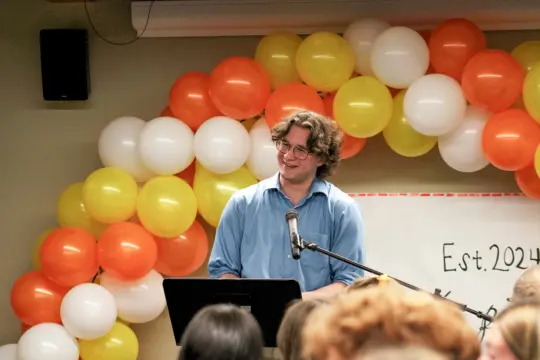
Creative Writing Scholarships
Creative writing students gain access to countless opportunities at Susquehanna, including scholarships to further their academic experiences. Scholarships include the Gary and Elizabeth Fincke Portfolio Prize, Juliet Gibson Memorial Prize, Kirkland Essay Prize, Janet C. Weis Prize for Literary Excellence, Fine Arts Work Center Scholarships and more.

Quick Links
Power Your Readiness
Janet Weis ScholarshipS
Ten Janet Weis Scholarships of $5,000 each will be offered to first-year creative writing majors based upon the quality of their writing portfolio.
This scholarship is renewable for a total of four years as long as the recipient is enrolled full-time as a creative writing major and maintains a 3.2 grade point in the major.
Candidates are encouraged to submit portfolios of 5-10 pages within two weeks of applying to the university, but no later than Feb. 15.
